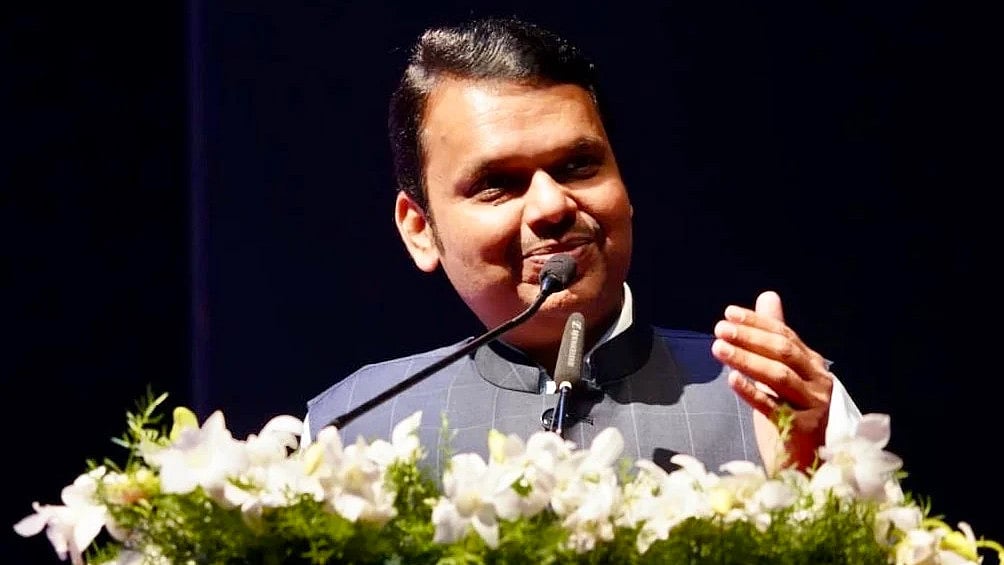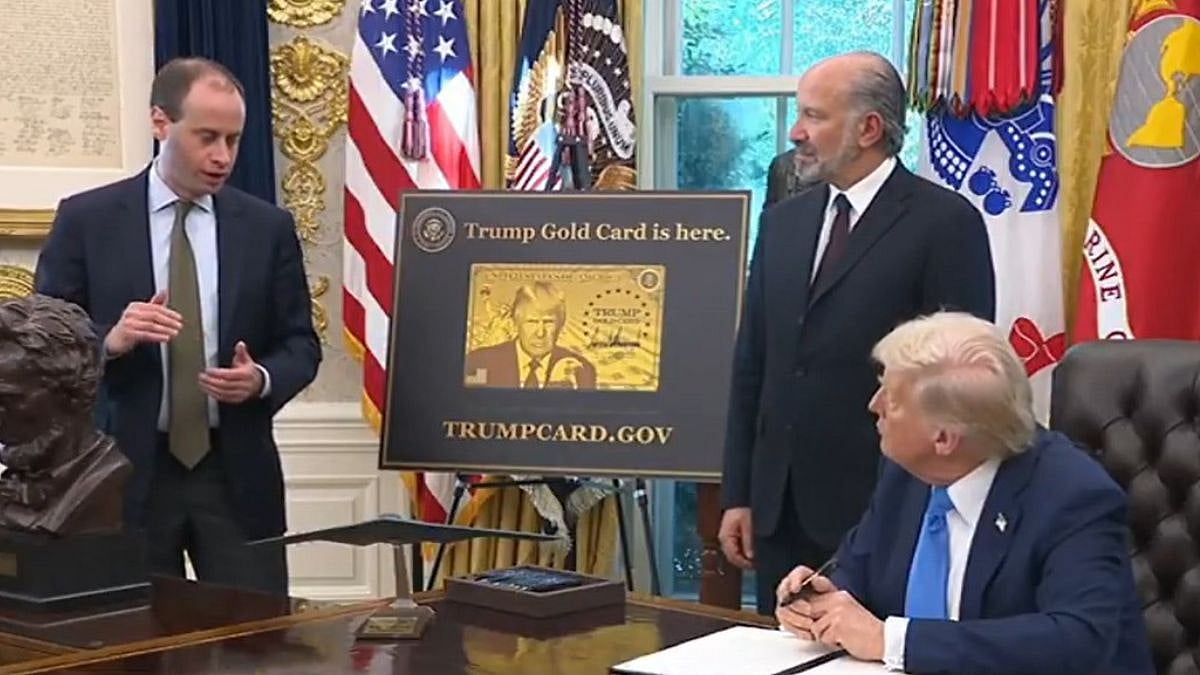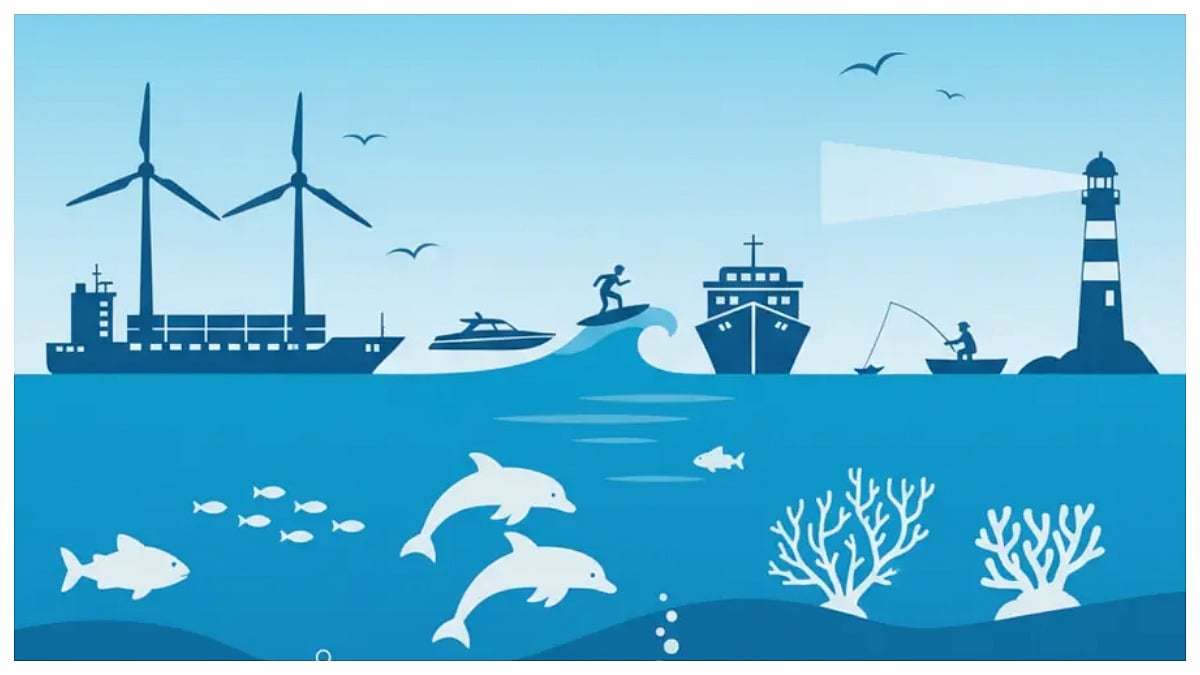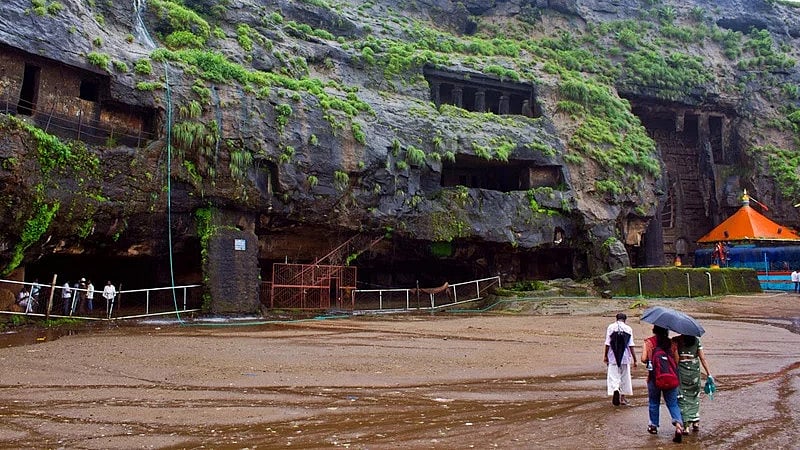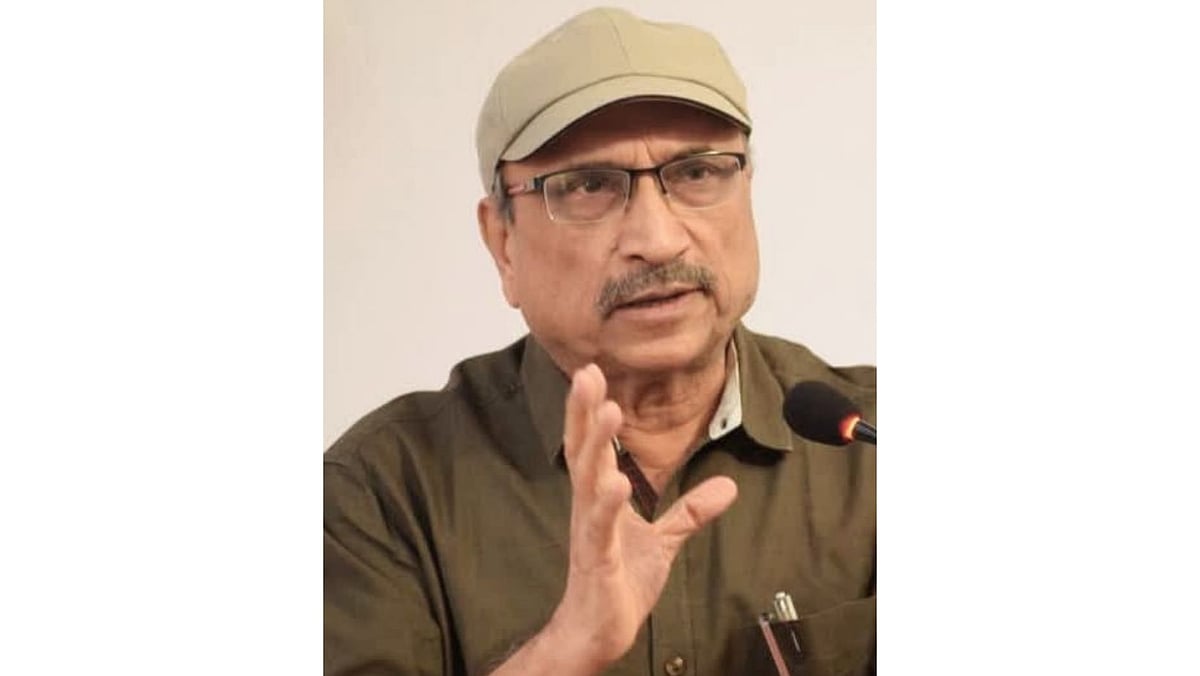MIT World Peace University (MIT-WPU) has been recognised by the Earth Day Network for its outstanding contributions to environmental actions, particularly in the category of "Energy Management." This recognition coincided with MIT-WPU's celebration of World Environment Day, marked by the conferral of significant awards and the presence of distinguished guests.
Upon receiving the recognition, Dr Milind Pande, Pro-Vice Chancellor of MIT-WPU, highlighted the university’s various sustainable practices, including the installation of a 694.39 kW rooftop solar PV plant, waste segregation at source, a biogas plant for converting leftover food waste, a sewage treatment plant for liquid waste disposal, and the use of battery-operated vehicles on campus.
The Department of Environmental Studies at MIT-WPU hosted a momentous celebration of World Environment Day. Dr Prasad Kulkarni, Dr Pankaj Koparde, and Dr Soma Mishra from the department were the organisers of the celebration. During the event, MIT-WPU recognised individuals who have made substantial contributions to environmental conservation and health. Dr Deepak Apte, Managing Director of Srushti Conservation Foundation, was honoured with the Paryavaran Ratna Award for his exceptional work in environmental conservation. Dr Sadanand Raut and Dr Pallavi Raut, medical practitioners and founders of Vighnahar Foundation, Narayangaon, received the Aarogya Ratna Award for their remarkable contributions towards the zero snakebite death initiatives. Shivani Hange, founder of the startup Ark by Shivani, received the Paryavaran Shree Award for her innovative efforts in environmental protection.
The event was graced by the esteemed presence of Prof Dev Niyogi, Professor and William Stamps Farish Chair in the Department of Earth & Planetary Science at the Jackson School of Geosciences, The University of Texas at Austin, who served as the chief guest. His insights on climate science and sustainability were invaluable to the occasion.

While addressing the gathering, he said, “With cities facing extreme climate challenges, the solution for climate change is going to come from solving the problems of the cities. This means the global solution will come from local cities. It is a message of hope and possibilities, with our local-scale solutions and actions serving as examples for global solutions.” While praising MIT-WPU, he added, “The efforts being taken by MIT-WPU in mapping environmental footprints, encouraging urban sustainability through its campus and operations, as well as fostering a sustainable culture, are truly exemplary.”



